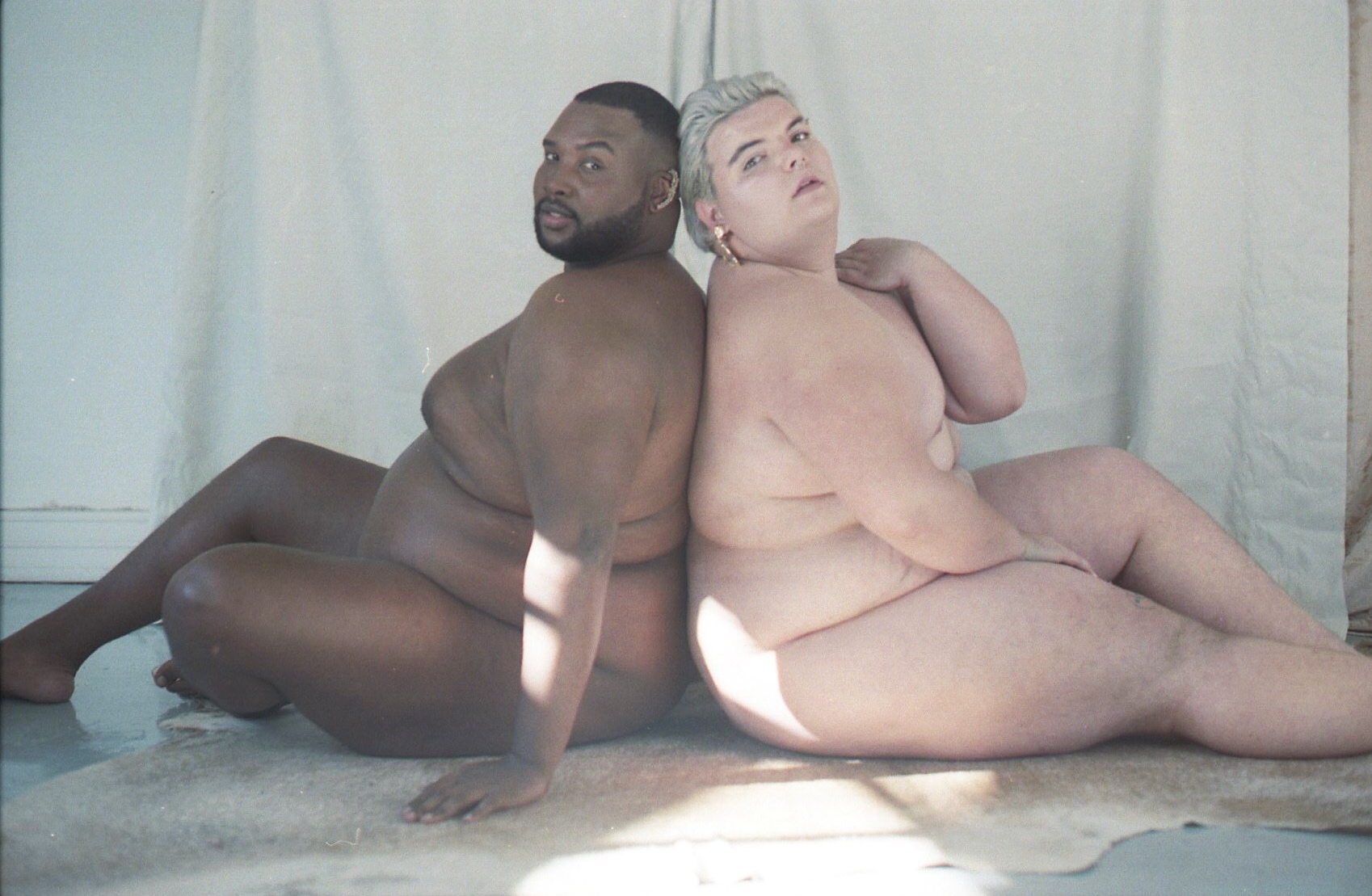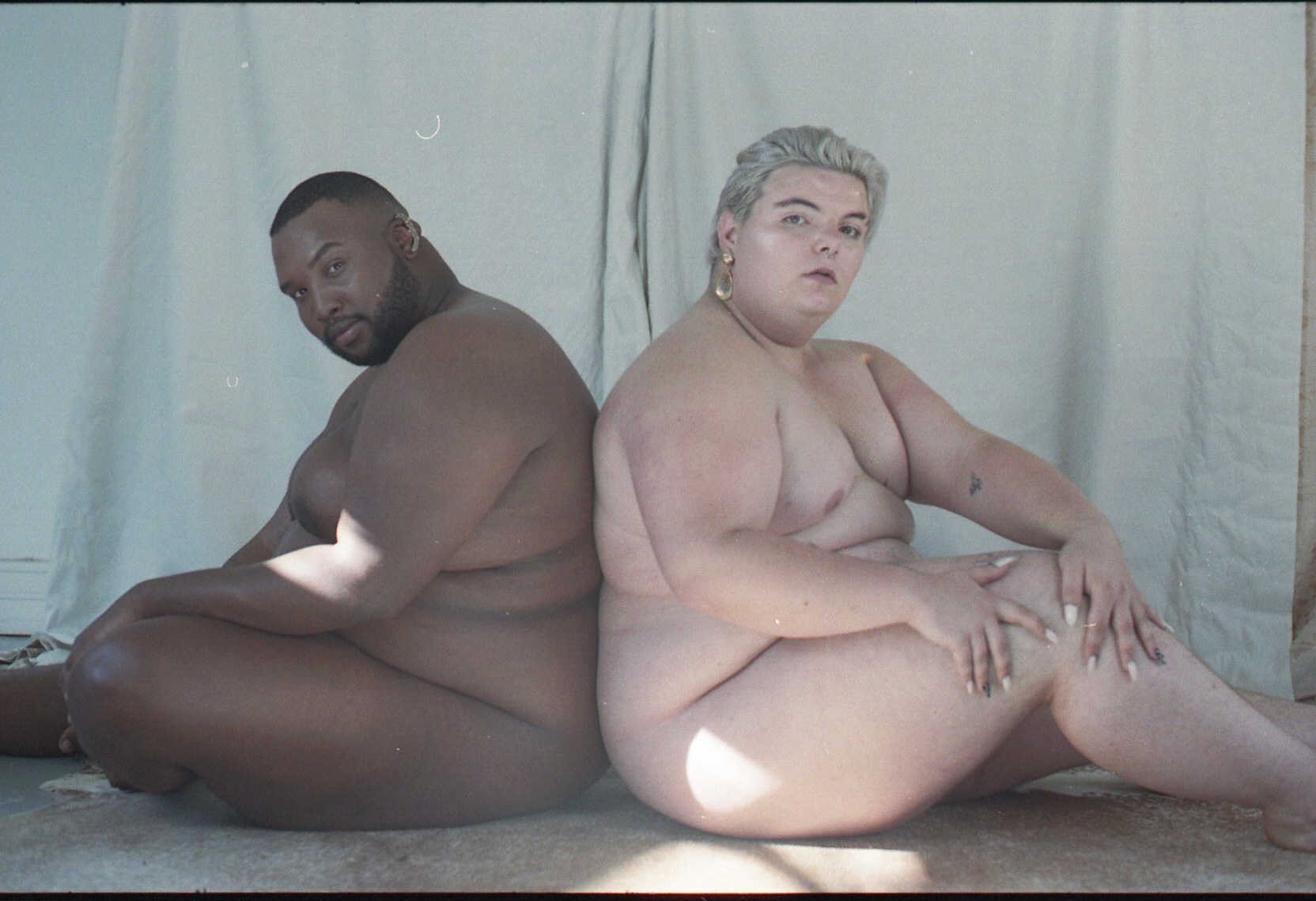* This body of work was created at the Bubblegum Studio with Treyvone Moosa as the recipient of our Bubblegum Invites open call.
“Do you actually get laid wearing all that makeup and being that fat” – Grindr user
“Not for me chunky” – Grindr User
“Sorry if that hurts you but maybe try a gym” – Grindr user
Being overweight has an immense social stigma. So does being a man who embraces the feminine — or a woman who doesn’t fit into societal beauty norms. However, for those in the queer community who live at the intersection of such identities, life can be the worst kind of tricky. For many gay men, social dating apps like Grindr or Tinder, have become the breeding grounds for body image struggles. It seems counterintuitive as the very online spaces — designated as “safe” and where we can express our sexuality without judgement of our sexual or romantic desires or with the risk of violence — have become the very thing we do not desire. I think of online dating spaces as meant to offer chances of finding queer community, sexual partners and possibly also chances of experimenting with sexuality in ways we normally can’t in the real world, however, this assumed safety is something that for those who present as plus size or femme is not easily found. The “no fats, no femmes” stereotypes often found on these sites only further engrain emotions of self-doubt, body dysmorphia, and ultimately depression. Even on social-media platforms like Instagram, where nudity and body positivity are often discussed, there is still an unfairly discriminatory view of people who are seen as “obese”. In an effort to think through this more, I spoke to two visibly fat and queer bodies who inspire a fierce take on body positivity. There is definitely a pervasive femmephobia, fatphobia and racism in queer communities, something I came to realise based [on] my own experience on dating apps. I would go as far as to say that gay men interact with one another online in overtly cis-heteronormative ways with a focus on quick and short communication; packaged for instant gratification. Given that cis-men are said to be the largest group of consumers on these apps, can it be said that there is still something about the male gaze — even in “progressive” queer circles — that determines how we perceive beauty? Is body shaming something that is directed by men? Are the ways we communicate, as queer men, affecting our outlook on what is desirable?
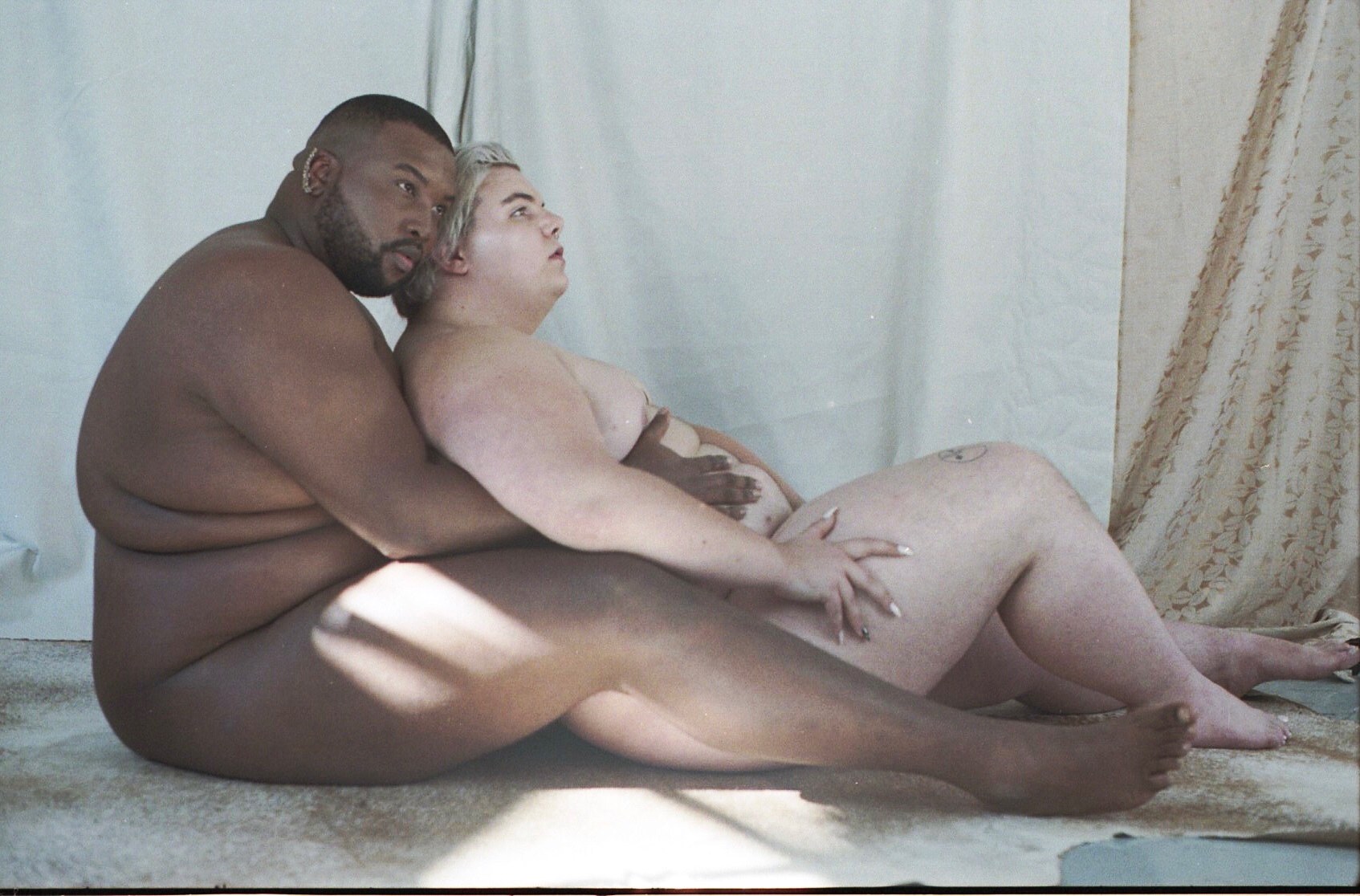
For plus-size model and actor TJ Ngoma, being on Grindr when he was younger plagued him with great insecurity, prompting him to go on a journey to discover the beauty within himself. “Beauty is not only physical but something I have had to find within myself,” he continues, “Beauty to me is a feeling, the kind of feeling that only I can bestow [upon] myself. I find that in a world so obsessed with how I present, I have had to do the work to find joy in my appearance and I do so fiercely and with intentionality.” TJ goes on to say, “Every time I chat on Grindr, I feel erased as a human. The person on the other end of my screen seems to forget that there is a feeling human attached to their need for intimacy.” This seems to create a tendency to avoid emotional expression and to foster a highly exclusionary focus on the spectrums of desire. There is a sustained ideology that the “perfect man” within our circles is one who fits the corporate-man mould. This model dictates that he is masc-for-masc and clean-cut — this is the hyper-masculine man often represented as being the “right” kind of queer. It feels like this idea of masculinity has secured itself as the apex symbol of sexy. This narrative crafts a spectrum of gender expression that places larger bodies on the left and the hyper masculine “fit” ones on the right. 19 year old musician Yahto Kraft on the other hand, has since left online dating spaces, expressing that these spaces do a lot of damage to his mental health. “The biggest thing to me is either that sex as a bigger body is off the table completely or that I can only explore sex with other bigger bodies.” Yahto speaks of the threat of chubby chasers eroding self-confidence, as this fetish mentality disregards his own desire for connectivity and love. “Even when we have created space for plus sizes bodies in the bear culture, they too, seem to be inclusive of only white, hairy and bearded men.”
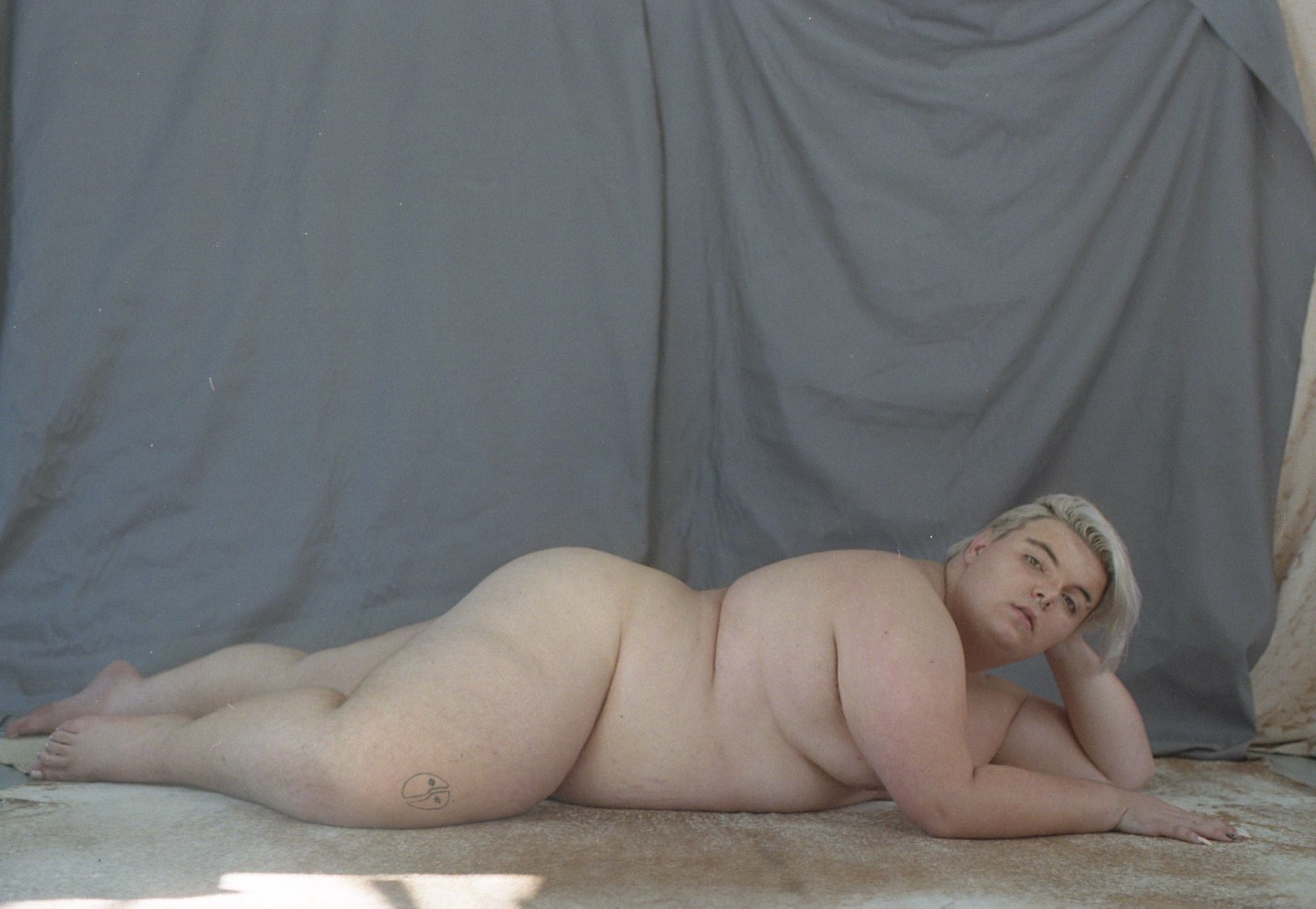
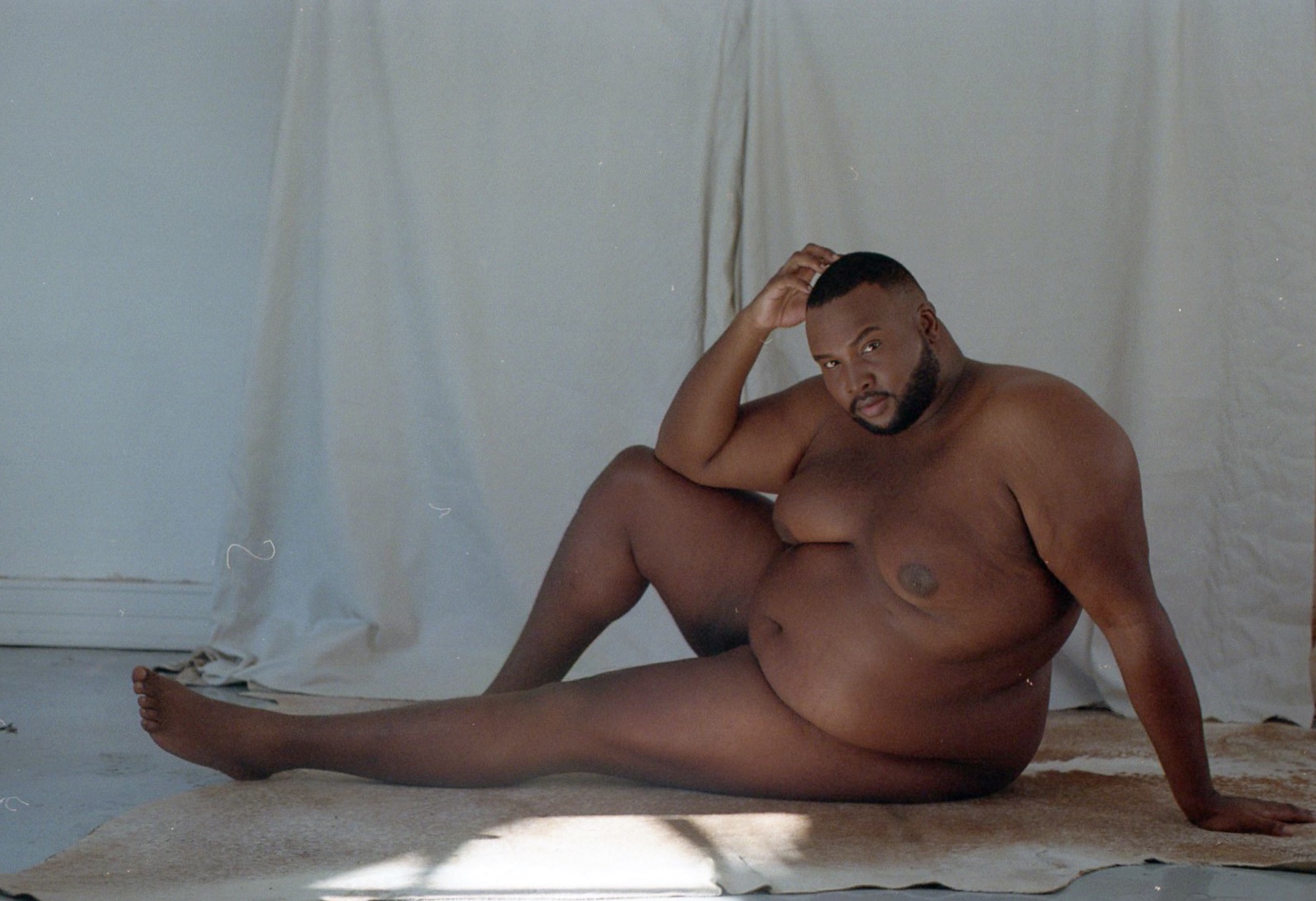
Since corporal markers of “maleness” and physical fitness act as the standard of defining masculine desirability within heteronormativity, it can only be suggested that hyper-masculine body standards in the queer community are a direct reflection thereof. When we enforce and mimic these beauty standards, queer men serve as the very architects that craft what is desirable from an internalised need to feel accepted by their straight counterparts and thus gain social power within gay communities. We must remember that queer is not a homogenous identity and requires a critical deconstruction of the ways social hierarchies come to structure a seemingly unitary wholeness where sexuality comes to play. The notion of a “singular queer community” ignores the important oppressions and discriminations that are occurring within and between queer communities. It feels to me, that no matter how progressive we think we are becoming, we are just creating further boundaries under the preface of preference. Is our failure as a community to see each other beyond being sexual beings perpetuating stigma amongst our own relational networks that shun bodies that do not reflect standards of desirability as dictated by whiteness? I’m not sure whether or not it’s too late for queer bodies especially, to get over busting their butts to be model thin or intensely muscular, however, I am hoping that the visibility of people like TJ and Yahto, begins to affect change on ideas of beauty and aesthetic.
